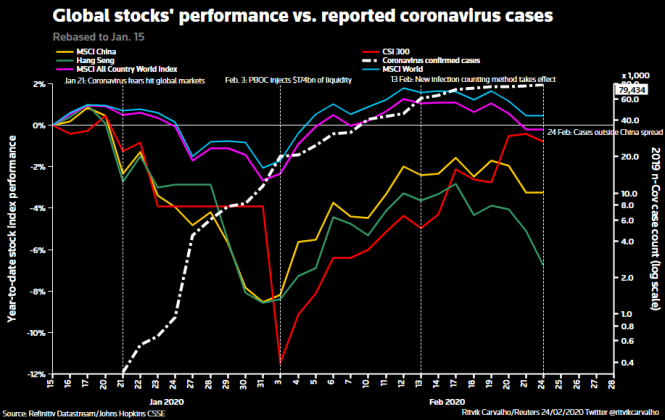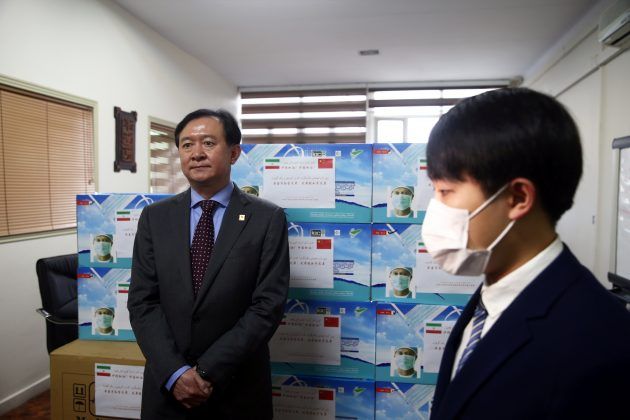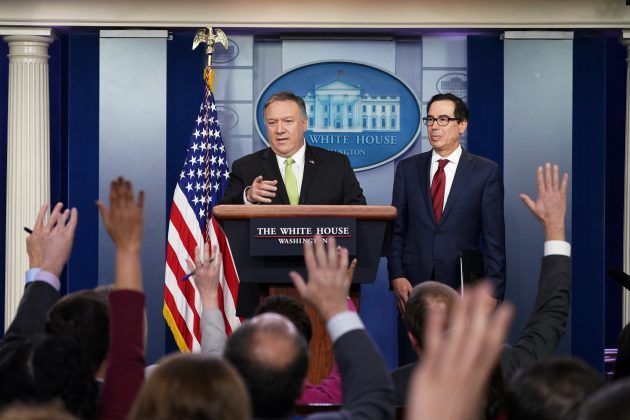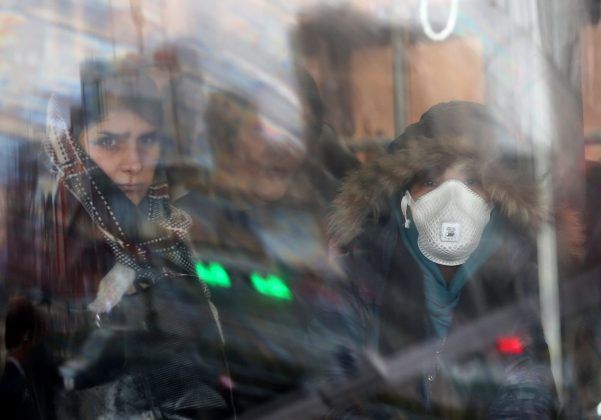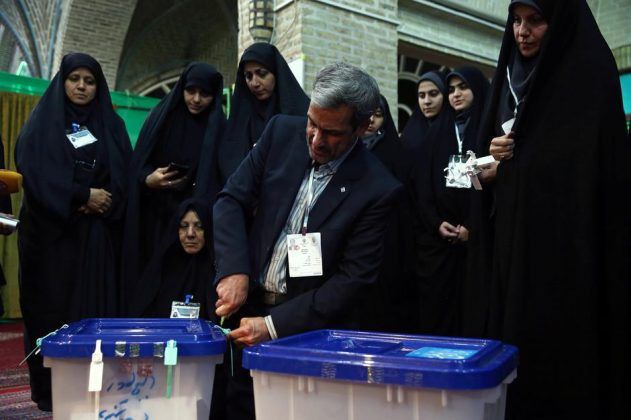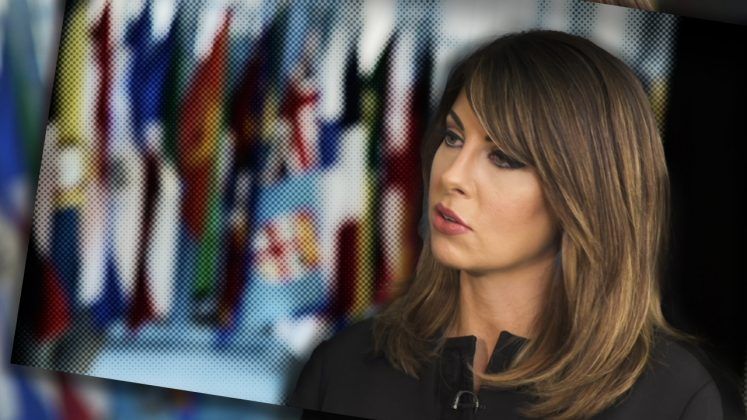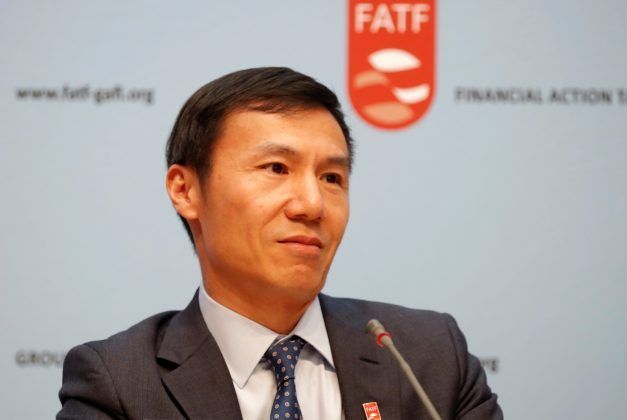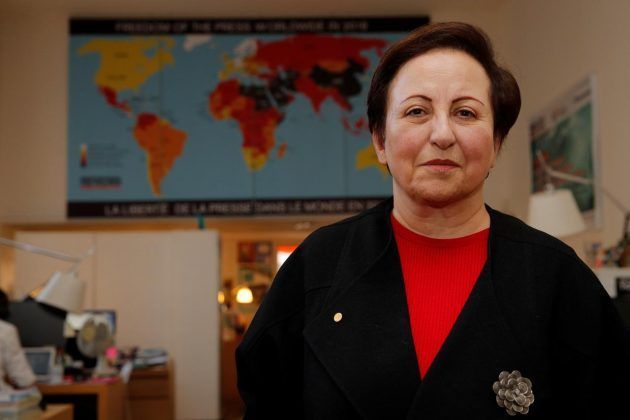Iran’s parliamentary elections saw a predictable win for hard-line factions within government, as reformist nominees were largely disqualified during the pre-election vetting process.
Conservatives took 230 seats in Parliament. And all 30 seats in Tehran, Iran’s capital, were won by the conservative front. The Atlantic Council has an excellent summary of the process and the outcome of the elections.
While apathy was blamed for poor voter turnout in this year’s elections, Iranians were also heavily distracted by the Coronavirus outbreak in the country, which officials claim has led to the deaths of 34 people so far.
Hadi Khosroshahi, a prominent cleric who was the Islamic Republic’s first ambassador to the Vatican, has also died after contracting Coronavirus. The government cancelled Friday Prayers in Tehran and at least 22 provincial capitals for the first time in decades to try to contain the spread of the virus. On Friday, Iran’s Health Minister announced that all schools would shut for three days to try to contain the disease.
The government’s data on the outbreak, including the number of people affected and those who have died, has been criticized by health experts inside Iran, who believe the figures are likely to be much higher.
John Hopkins University in Maryland, U.S., has produced a very good tracker which allows you to view the latest Coronavirus data around the world.
More sanctions were announced by the U.S. State Department on Wednesday, this time targeting Iran-backed Hezbollah.
The State Department earmarked Ahmad al-Hamidawi as a Specially Designated Global Terrorist (SDGT), in an effort at denying Hamidawi the resources to plan and carry out terrorist attacks. Al-Hamidawi is the Secretary General of Kata’ib Hezbollah (KH), an Iran-backed terrorist group active in Iraq and Syria.
U.S. Secretary of State Mike Pompeo also unveiled plans to sanction 15 individuals based in Lebanon as SDGTs. The designated individuals are all believed to have ties with the Martyrs Foundation, which is part of Hezbollah’s financial support network.
The U.S. Department of the Treasury also designated Atlas Holding and 10 of its subsidiaries for being “owned or controlled” by the Martyrs Foundation. The Treasury’s press release on the sanctions said the designations were designed to “disrupt Hizballah’s financial facilitation networks and expose its manipulation of the Lebanese political and economic arenas to bolster its influence.”
And U.S. State Department spokesperson Morgan Ortagus took to Twitter on Thursday to share a video expressing support for women in Iran campaigning to end mandatory hijab laws in the Islamic Republic. In her tweet she said, “The U.S. salutes and stands with the brave women in #Iran in their struggle for rights and empowerment. Your fight against the mandatory hijab reminds the world that women want the right to self-determination. We hear you, we see you, and we are with you.”
- Iran failed to implement financial counter-terror measures and found itself blacklisted by the Financial Action Task Force.
→Link to source
- Ayatollah Khamenei’s military advisor said Iran would not stop its military expansion or the development of its missile program.
→Link to source
- Nobel Laureate and human rights lawyer Shirin Ebadi apologized for supporting the Iranian revolution in a letter to her daughters and Iranians of their generation.
→ Link to source.
- Studies suggest that HIV/AIDS is on the rise among women and working children in Iran.
→ Link to source.

